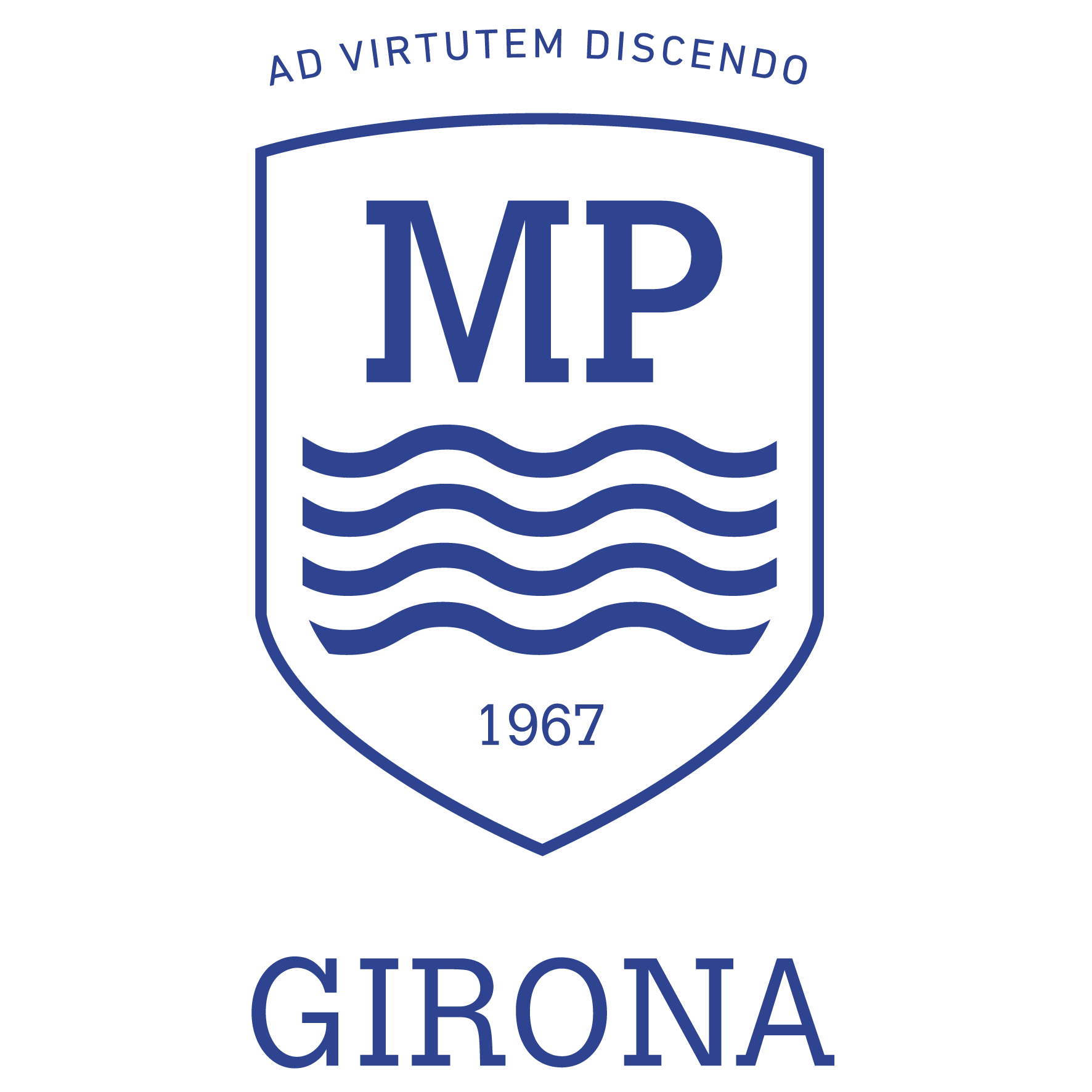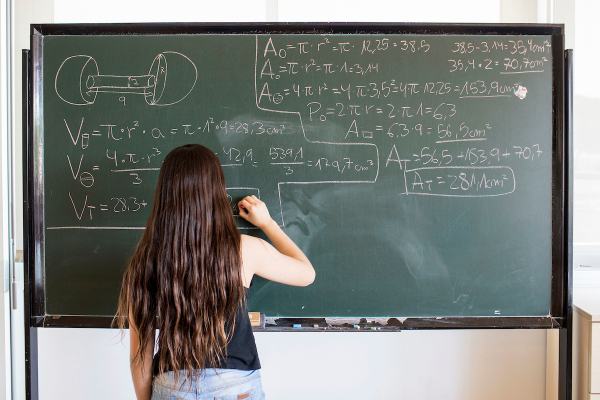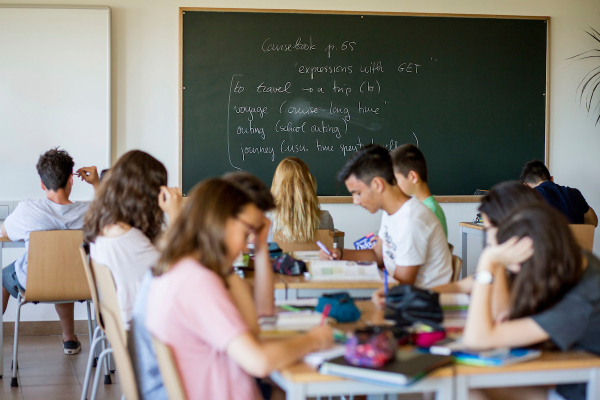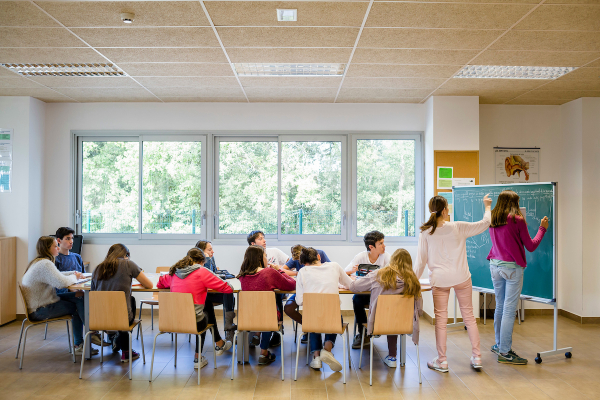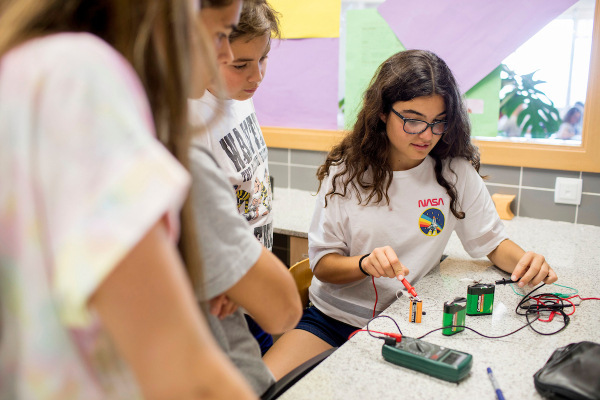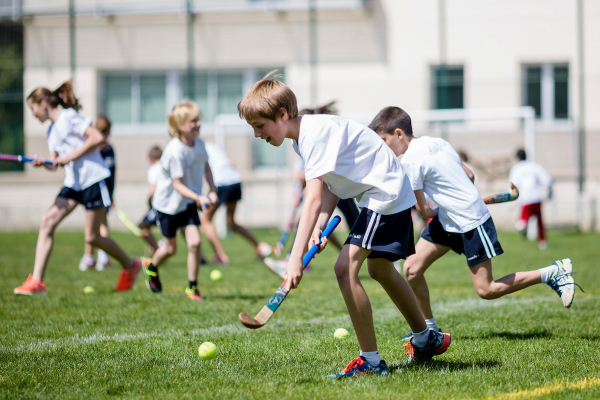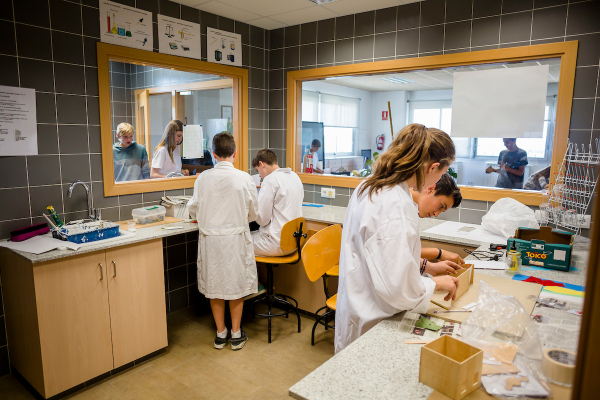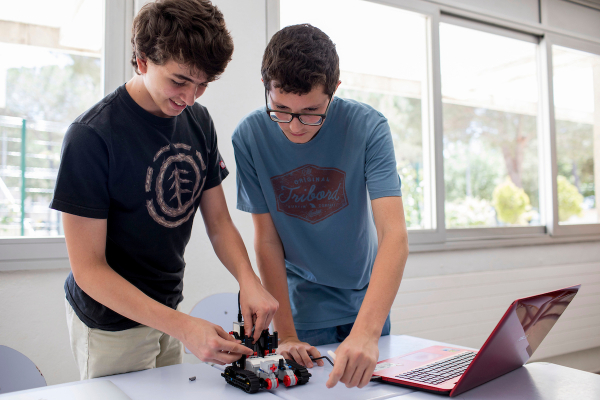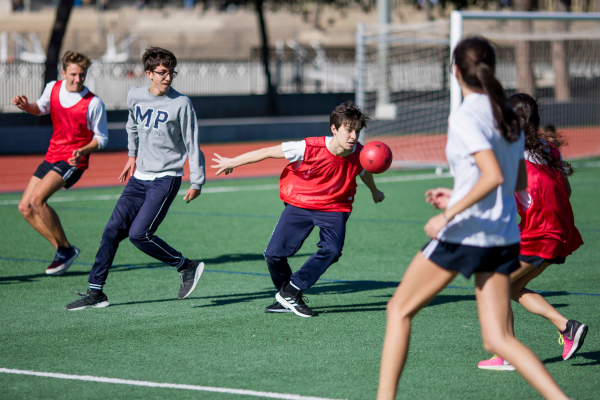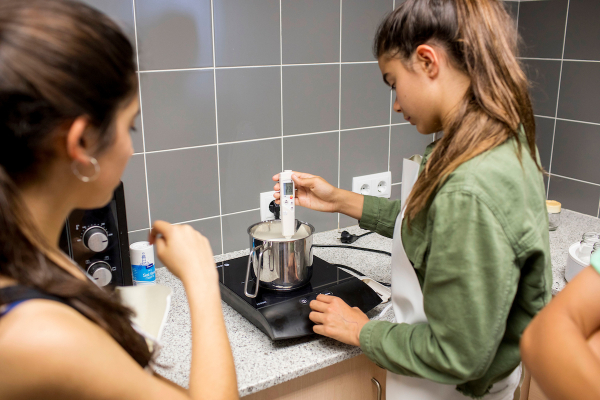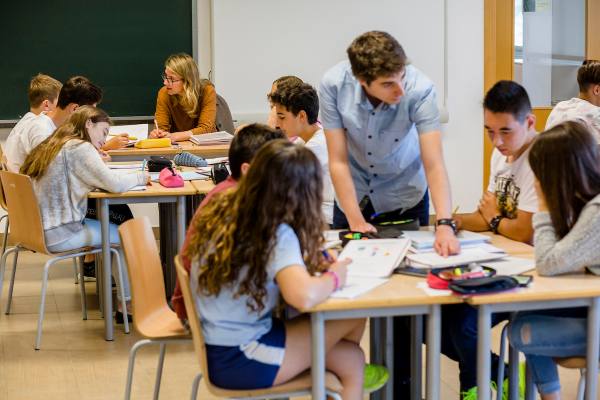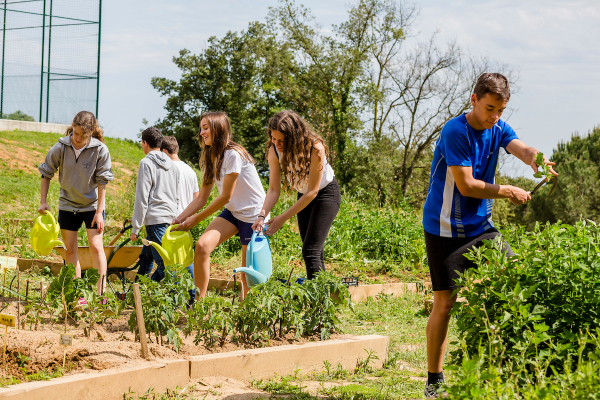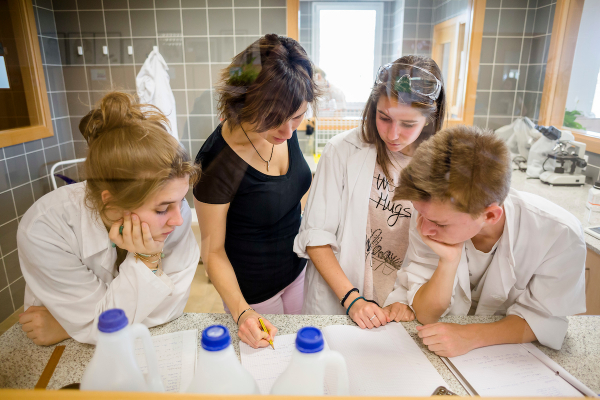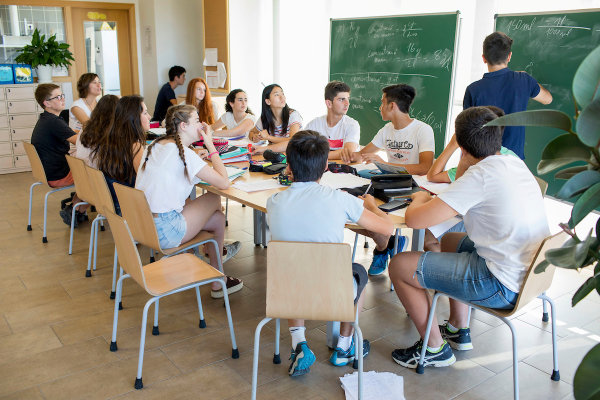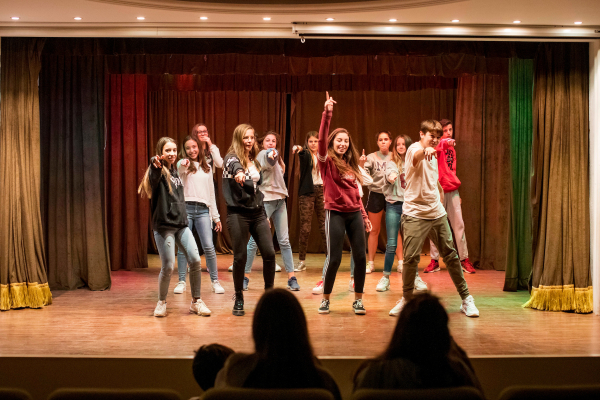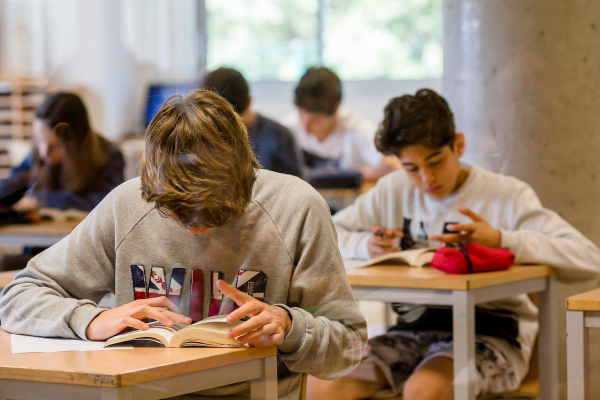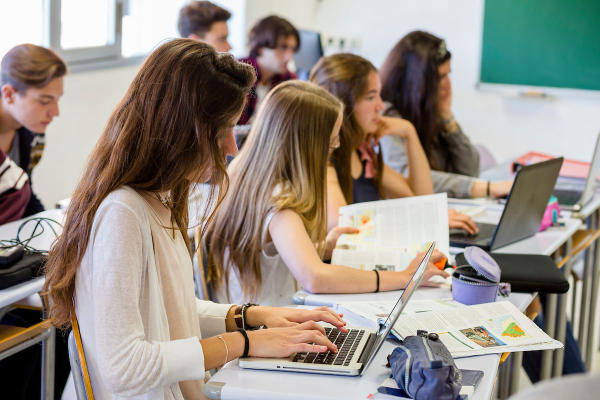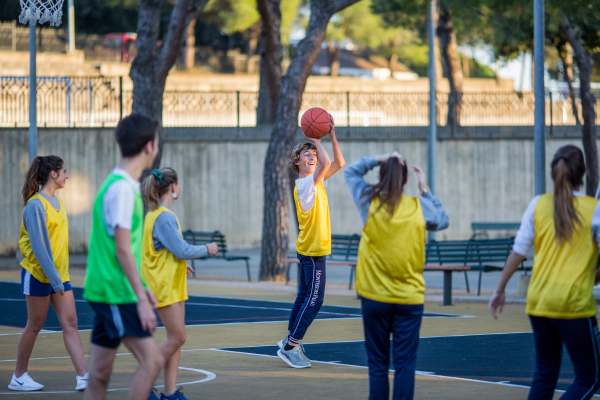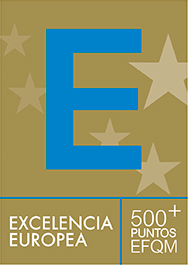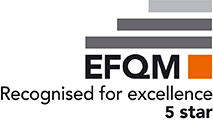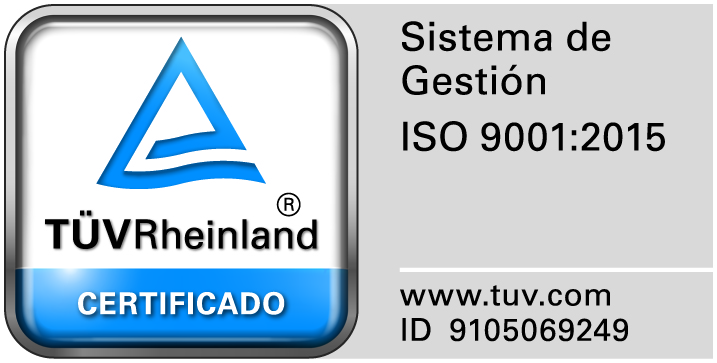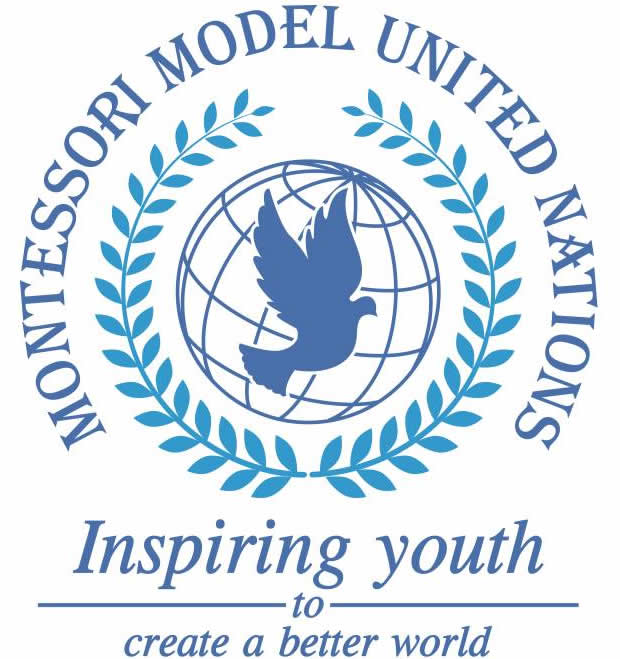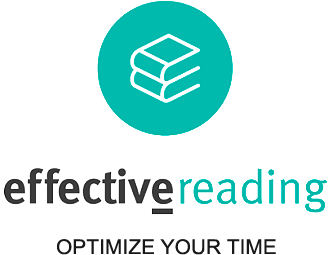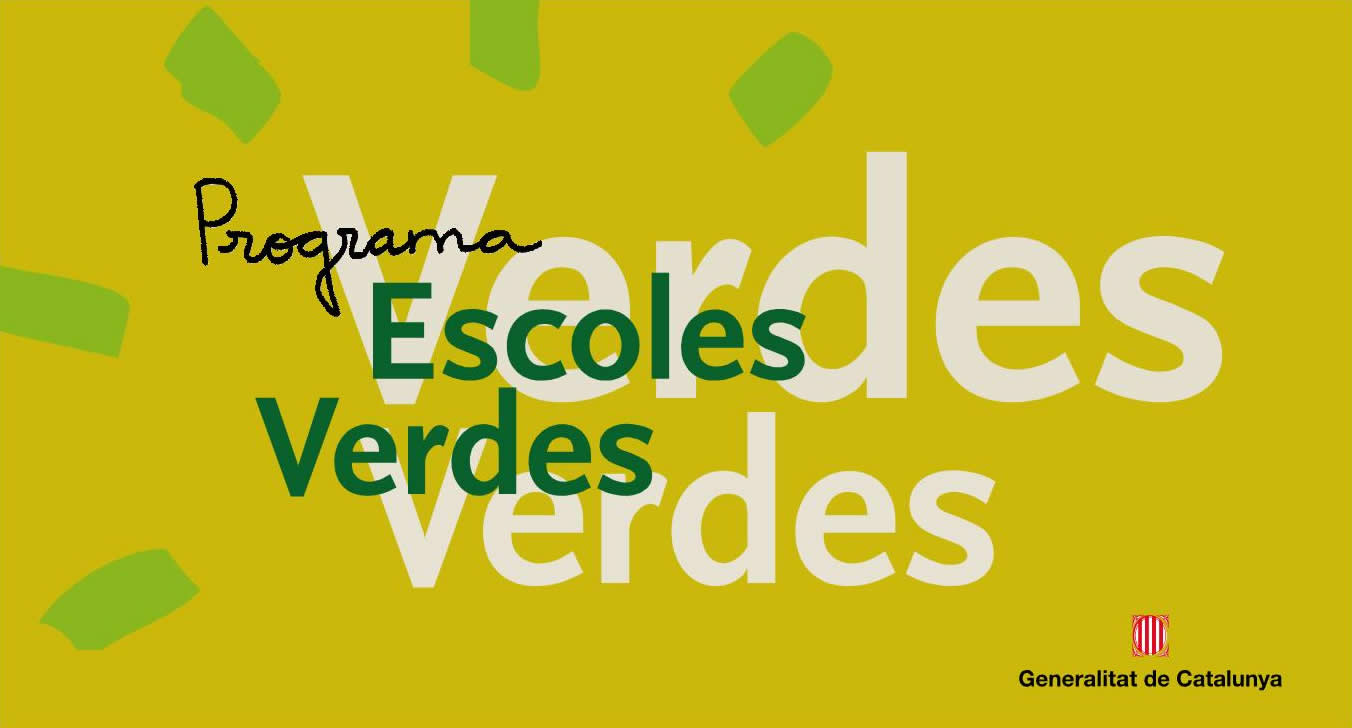Secondary, ESO and Baccalaureate
Stage of creating the social person
At the Secondary stage, the talents of each person are nurtured in order to guide students towards a successful future as demonstrated by the excellent results achieved in competitions, awards and external tests, including the University Entrance Examinations (PAU). The Montessori Palau Girona school equips boys and girls with the skills of creativity, autonomy, responsibility and entrepreneurship, providing individualised attention achieved through working with low teacher to pupil ratios and in very large classrooms equipped with the latest technologies. The School provides teaching in up to five languages that are accredited by official qualifications - Cambridge for English, DELF for French for example - and are complemented with internationalisation activities.
Between the ages of 12 and 18, the adolescent begins the stage of creating the social person. Once they have acquired culture and knowledge in general, they need to deepen their self-awareness in order to build their own identity and participate directly in the real world.
The prepared environment:
All classrooms and areas are equipped with the latest information and communication technologies to support the educational method.
The classrooms for the 1st, 2nd and 3rd years of ESO (Compulsory Secondary Education) are 200 m2, each equipped with a kitchen and laboratory and individual toilets in order to create a diverse work environment, to allow work in cooperative groups and to manage learning. This environment promotes the initiative, autonomy and responsibility of the student
For the 4th year of ESO and the baccalaureate, classrooms are specialised and are focused on deepening the understanding of each subject. The environment allows students to work autonomously, in a team in the common areas and to consolidate their social personality and identity.
Also forming part of this learning environment are the other areas of the school, the surrounding society and the real world. Therefore, many activities in these courses are carried out outside the School itself and there are visits from various specialists in different fields.
The role of the adult:
Giving the students the greatest opportunity, offering them a range of experiences, knowledge, scientific research lines and voluntary activities. The adult encourages the student’s critical analysis and accompanies them by observing the emotional, personal states, and changes that occur in terms of their interests and concerns in order to adapt to their needs.
For this reason, from 12 to 15 years, in most classes there are two teachers in the classroom, which reduces the general ratio to just a few students per teacher for most sessions.
The work of the children:
This consists of continuing self-construction in order to consolidate personal identity as a social individual. It is achieved through dialogue, critical analysis of knowledge and also experiencing real world situations through work, business and volunteering activities. This is carried out within a cooperative working structure in which both individual development and teamwork is fostered.
At this age, students are given the opportunity to understand the world and its diversity through international programmes and at a local level, outside the school. These projects are structured as real world problems that the student has to solve as a means of acquiring learning (through problem-based learning – PBL – guided discovery techniques and research projects). The Socratic dialogue reinforces discussion and analysis so that the student progresses in their development.
The Secondary curriculum and its extensions:
The student continues to develop initiative and autonomy through the use of an outline sheet for the didactic unit, which presents different research projects and guidelines for discovery, led by the student’s individual needs. This work system is designed so that students, using their creativity, maintain the desire to continue learning. The curriculum includes the possibility of working in up to six languages: Catalan, Spanish, English, French, German and Latin; and access to participate in contests and awards that cover all areas of knowledge and are detailed in the section on Projects to Encourage Talent. In addition to the official curriculum, at the Secondary stage we work more thoroughly and dedicate more class hours to English language, mathematics, the two official languages (Catalan and Spanish) and the science subjects of physics and chemistry. Also, more sessions are dedicated to the body through extra Physical Education sessions such as physical expression.
A greater closeness to the real world allows for what are known as the Service and Production Occupations, which can create micro-economies and are managed by the students themselves. Among the service occupations are tasks supporting the Primary classes, and administrative, management and communication support tasks. And production areas include occupations related to the kitchen garden and gardening, radio and the production of products using recycled paper.
In the 4th year of ESO, students have the opportunity of a placement in a company based on an agreement between the School and the Montessori Alumni Association, by which students can undertake work experience in a company either owned by or managed by one of the alumni. In the 1st year of the baccalaureate, students can carry out the 'Work Experience' assignment and, as in the case of 4th year ESO, undertake internships and get to know the basic aspects of how the companies work, their needs and routines.
The legacy of the stage:
Dr Montessori considered that the student, at aged 18, had already entered maturity. Having completed their school life at the School, students have reached a degree of development that allows them to continue the process of self-construction independently, promoting their own entrepreneurial abilities. They have acquired the abilities that allow them to be able to plan for themselves, make decisions using mental flexibility, be responsible in order to face the circumstances in their own lives and contribute to the improvement of the world. It is for this reason that Dr Montessori called it "Education for Life".
- Projects to encourage talent
- Linguistic project
